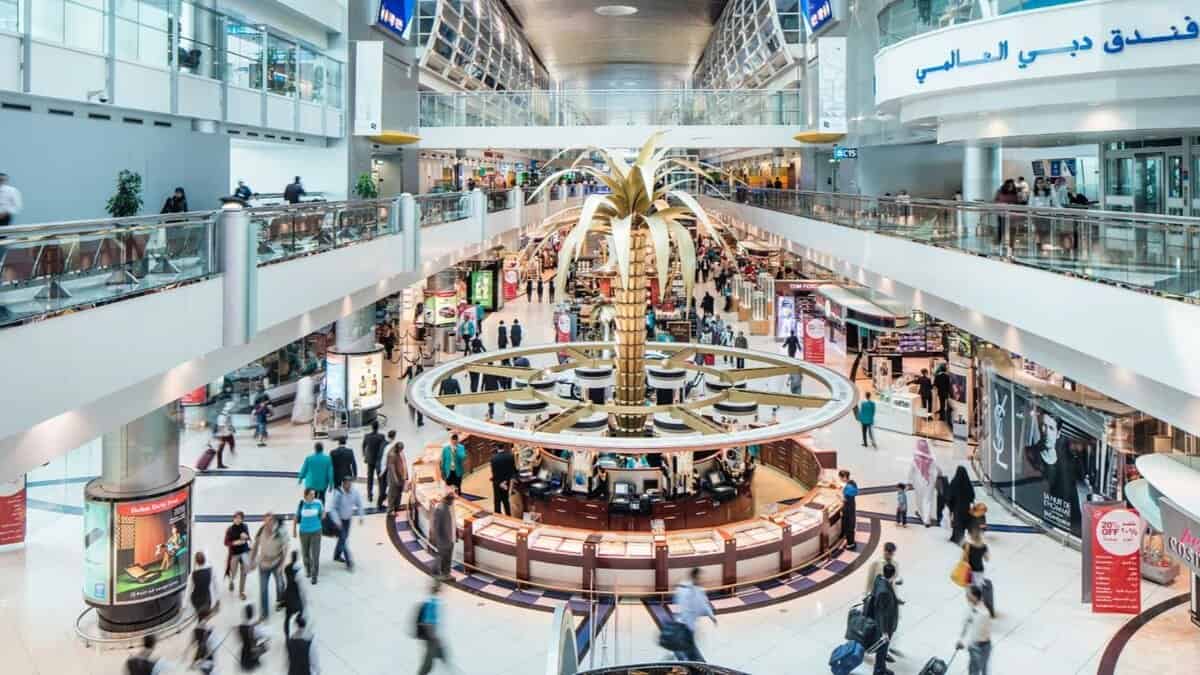
The Gulf Cooperation Council (GCC) has approved the first phase of a new “one-stop” travel system, marking a major step towards faster and more seamless movement between Gulf states. The pilot project will launch in December 2025, with the UAE and Bahrain selected as the first participants.
The decision was announced following the 42nd meeting of GCC Interior Ministers held in Kuwait City on Wednesday, November 12, the Kuwait News Agency (KUNA) reported.
The initiative aims to streamline travel procedures for Gulf nationals, allowing them to complete all immigration, customs and security checks at a single checkpoint before departure. Travellers arriving in the destination country will no longer undergo repeated inspections, significantly reducing waiting times and easing airport congestion.
GCC Secretary-General Jasem Mohamed Al-Budaiwi said the pilot will focus on air travel between the UAE and Bahrain, with plans to expand the system to all six GCC countries — the UAE, Saudi Arabia, Oman, Qatar, Kuwait and Bahrain — if the trial proves successful and the required infrastructure is in place.
Officials say the “one-stop” model is part of a wider regional effort to modernise travel systems, enhance border efficiency and improve passenger experience. The project is supported by a unified electronic platform that will link travel violations, border records and security information across member states, enabling real-time data sharing and stronger cooperation between authorities.
The rollout of the new system comes as the GCC advances work on its highly anticipated unified tourist visa, expected to begin phased implementation in the fourth quarter of 2025 and fully launch by 2026 or 2027. The visa will allow visitors to travel across all Gulf states with a single permit, similar to the Schengen zone in Europe.
During the meeting, ministers also highlighted ongoing efforts to combat money laundering and drug trafficking, approving the Gulf Security Strategy for Combating Drugs (2025–2028) and the strategy for Combating Money Laundering (2026–2030). They also reviewed progress on linking traffic violation systems throughout the region.




